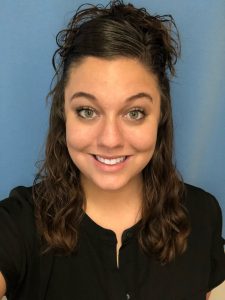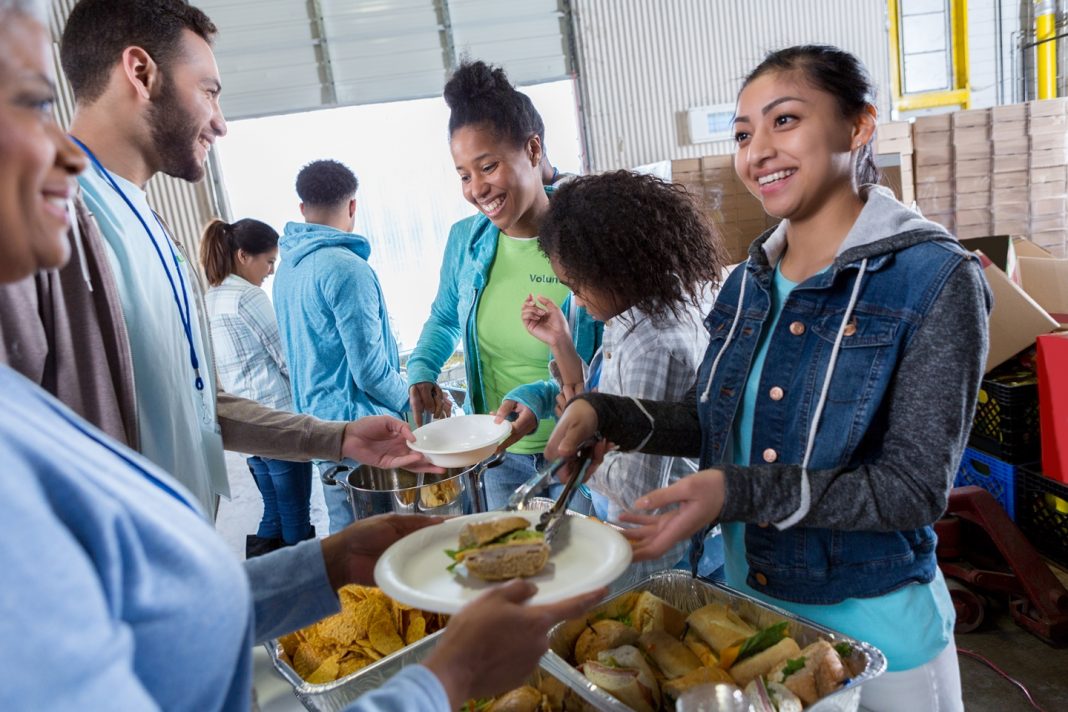PeaceHealth’s 130-year legacy is rooted in community-based partnerships to address the unique needs of the communities they serve, like Skagit County. With only about 20% of a person’s overall health tied to medical care, much of their focus is on addressing the social determinants of health – the conditions in the places where people live, learn, work and play. These conditions account for the other 80% of a person’s overall wellbeing and health.

Understanding that it’s not sufficient to just provide great clinical care, as healthcare providers they look beyond the walls of their hospitals and clinics to the way they can help people navigate the many non-medical factors, such as transportation and housing, that combine to have a greater influence on overall health than medical care alone. With a priority on whole person care, through local assessments PeaceHealth is able to focus on the specific needs of the people of Sedro-Woolley and Skagit County.
Based on these local assessments, PeaceHealth is focused on four key areas: Addressing food insecurity, increasing housing access, advancing community care and expanding care options. During 2020 and the lingering COVID-19 pandemic, these four key areas have proven especially critical.
In support of these needs, last year in Skagit County, PeaceHealth invested $286,325 back into the community through partnerships with organizations such as Skagit County Public Health, Helping Hands Food Bank, Sedro-Woolley School District, United District 304 and Community Action of Skagit County. Included with the investment was $25,000 for COVID-19 impact grants. “Partnerships with these organizations across Skagit County have been instrumental in PeaceHealth’s approach to caring for the whole person,” states Kelli Baker, PeaceHealth’s community outreach coordinator. “It’s through these partners that we see the full picture and are able to address our four key areas with subject matter experts who are providing services on the ground. We are grateful for the collaboration!”
Increasing Access to Healthy Foods

These funds have gone to projects like the Skagit Fruit and Vegetable Prescription Program, which was offered for a fourth-consecutive year by United General District 304. Local healthcare providers identify families who identify as food insecure and provide them with veggie bucks they can use like money to acquire fresh fruits and vegetables at participating grocery stores and local farmers markets. In addition, the program offers families with nutritional education, cooking classes and regular check-ins with a registered dietician. “The program has grown tremendously and last year was able to provide 24 households, or 78 people, with fresh fruit and vegetables,” says Baker. At a donation breakdown of roughly $30 per month per person per household, more than $14,000 has gone to families, participating grocery stores and farmers’ markets. “The program allows families to adopt healthier lifestyles and it’s set to expand even further in 2021,” adds Baker.
Another partnership that has been key in increasing access to healthy foods, Baker says, has been the Helping Hands Food Bank; operating in Sedro-Woolley but serving community members across Skagit County. “We felt it was important, especially in the times of COVID, to ensure school-aged children across Skagit County had access to healthy foods even when the school is closed,” she shares. In collaboration with United Way, Helping Hands Food Bank offers a program known as Cutting Hunger on Weekends (CHOW). The CHOW program provides school-aged students with a backpack of food delivered weekly to their homes.
Healthcare for Students

PeaceHealth’s collaboration with the Sedro-Woolley School District has resulted in a student healthcare clinic set up inside Sedro-Woolley High School, also known as the Woolley Wellness Center. The clinic operated for six weeks prior to pandemic school closures and averaged six to seven students a day. It will re-open when safe to do so, says Baker.
The clinic seeks to provide quick and easy access to medical services for students who may not otherwise be able to access them due to insurance or scheduling. It’s breaking down barriers to accessing medical and behavioral health care. The clinic is staffed by a PeaceHealth Medical Group provider who can easily follow up with the students for whom they provide care.
Increasing Housing Access
To address housing insecurity, PeaceHealth has partnered with Family Promise of Skagit County, whose mission is to, “come together as a community to support families experiencing homelessness as they work to provide their children with loving homes.” Through this partnership PeaceHealth has had to the opportunity to provide support to the eviction prevention program and their family mentors program, Baker says.
Overall, PeaceHealth is proud to work with such exceptional community partners, united in the belief that good health, prevention and community well-being is a fundamental right. “Together, we are committed to creating a healthier Skagit County for decades to come.” Baker says.
To learn more about PeaceHealth United General Medical Center’s community health initiatives please contact Kelli Baker at KBaker5@peacehealth.org, or visit the PeaceHealth website.
Sponsored




































